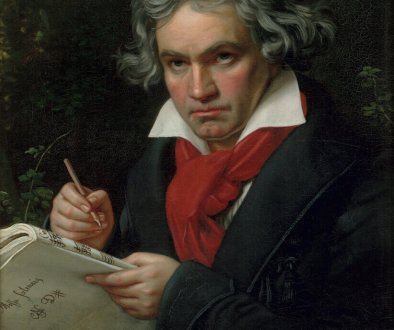Elizabeth Maconchy 19 March 1907 – 11 November 1994
String Quartet No. 3 Op. 15

By This work created by the United Kingdom Government is in the public domain.This is because it is one of the following:It is a photograph taken prior to 1 June 1957; orIt was published prior to 1975; orIt is an artistic work other than a photograph or engraving (e.g. a painting) which was created prior to 1975.HMSO has declared that the expiry of Crown Copyrights applies worldwide (ref: HMSO Email Reply)More information.See also Copyright and Crown copyright artistic works. – https://www.npg.org.uk/collections/search/portrait/mw47668/Dame-Elizabeth-Maconchy-Dame-Elizabeth-LeFanu, Public Domain, https://commons.wikimedia.org/w/index.php?curid=116176447
Elizabeth Maconchy (1907–1994) was a British composer known for her expressive and modernist music, particularly her 13 string quartets. Born in England but raised in Ireland, she was influenced by folk traditions and showed early musical talent. She studied at the Royal College of Music under Ralph Vaughan Williams but leaned more towards the European modernist tradition, drawing inspiration from composers like Bartók and Janáček.
Maconchy gained recognition for her emotionally intense compositions, especially her chamber music. Her string quartets, composed over several decades, showcase a stylistic evolution from lyrical and impressionistic to dissonant and dramatic. Other notable works include Symphony for Double String Orchestra (1953), The Land (1930), and the opera The Departure (1962). She also wrote choral and orchestral music, often displaying rhythmic vitality and rich harmonies.
Despite her talent, Maconchy faced challenges as a female composer in a male-dominated field. She was determined to succeed, earning critical acclaim and becoming the first female chair of the Composers’ Guild of Great Britain. In 1977, she was awarded the Commander of the Order of the British Empire (CBE). Her legacy lives on through her influential string quartets, which remain an essential part of British chamber music, and through her daughter, Nicola LeFanu, who also became a noted composer. Maconchy’s work is celebrated for its intellectual depth, emotional intensity, and contribution to 20th-century music.






